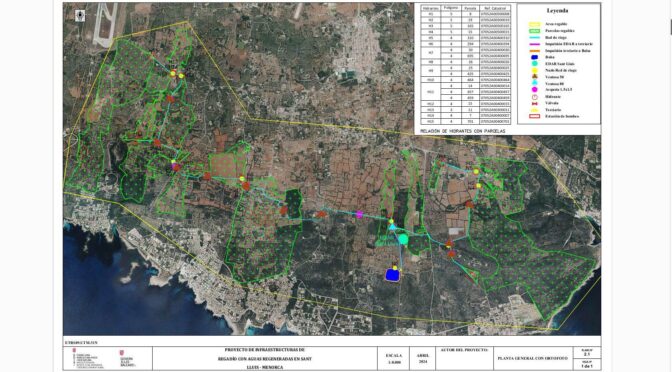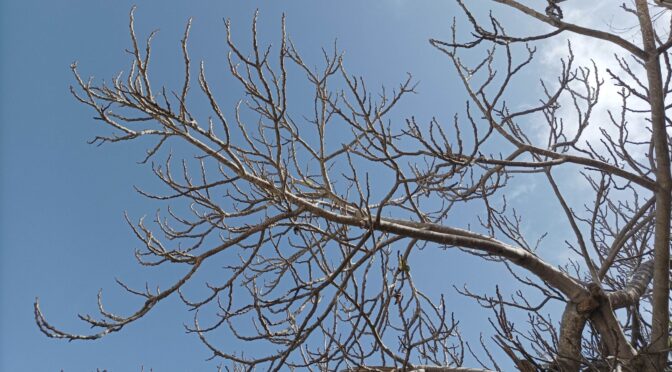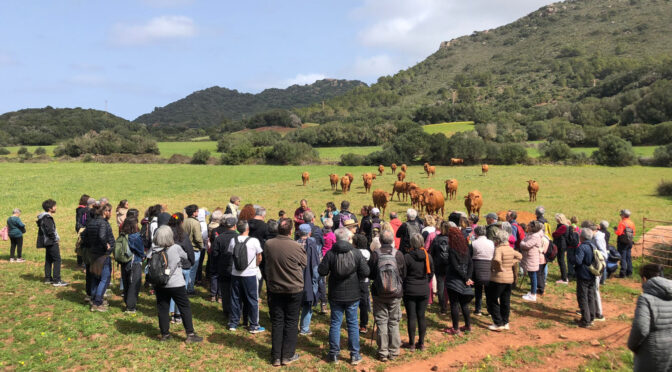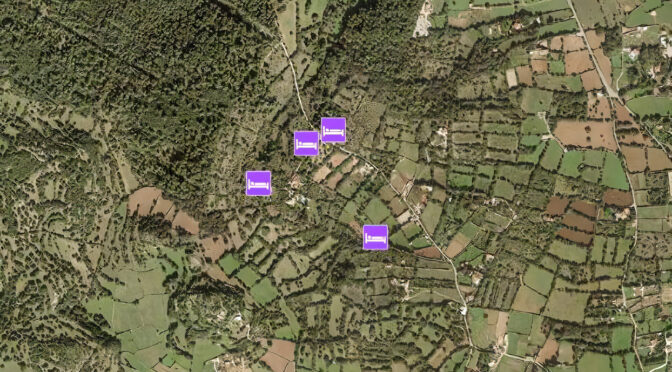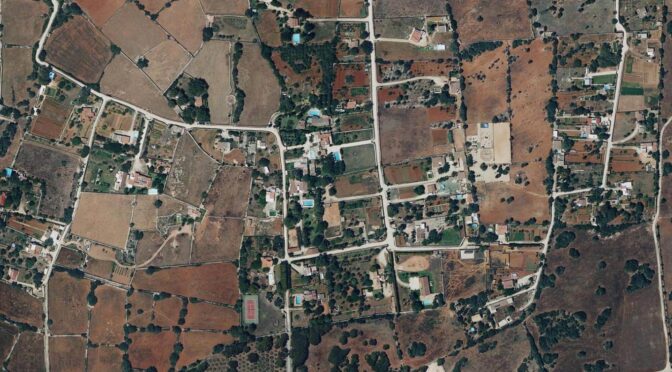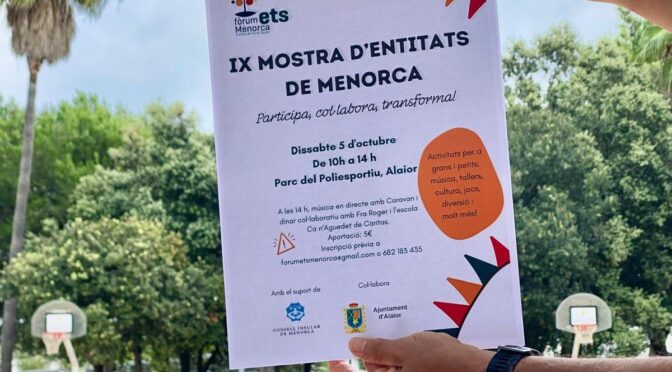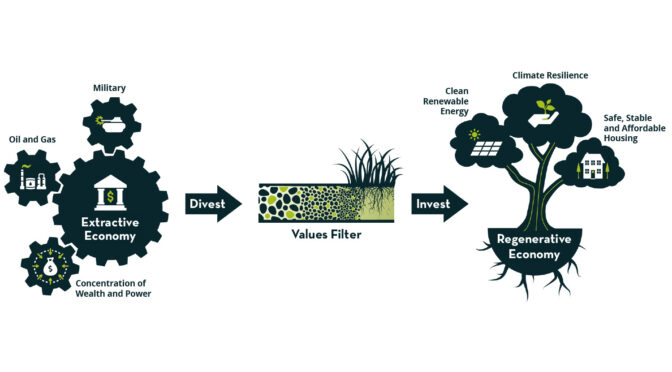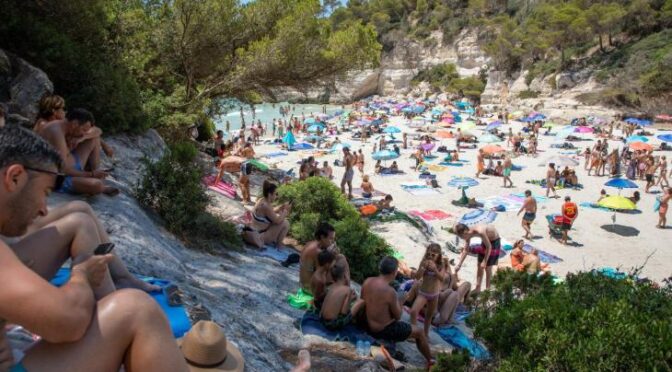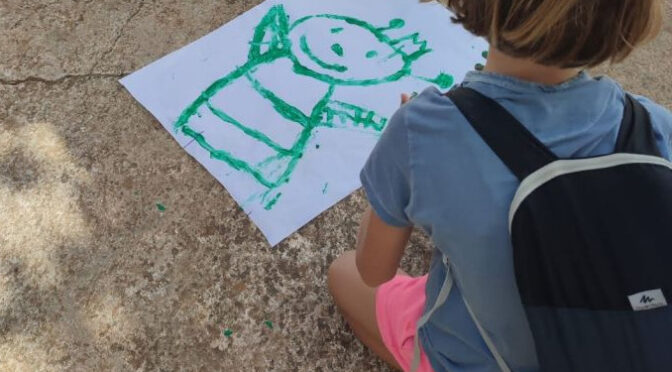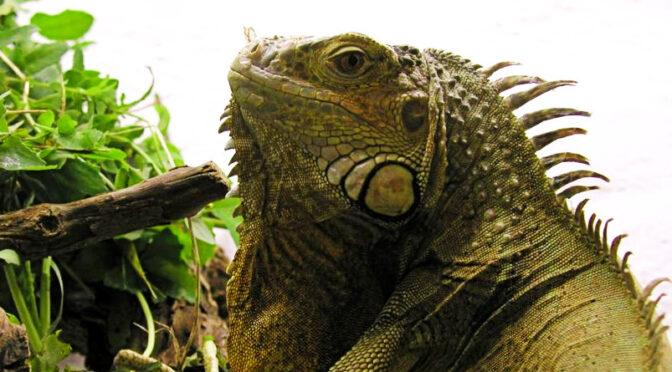Views: 1136
The chlorides in the treated water intended for irrigation in Sant Lluís double the maximum permitted levels. Over half of the water reaching the treatment plant may also contain other contaminants. Seven public supply wells could be affected if contamination occurs.
The GOB has submitted objections to the reclaimed water irrigation project that the Balearic Government’s Agriculture Department is promoting in Sant Lluís, warning of its lack of guarantees and the high contamination risks associated with it.

